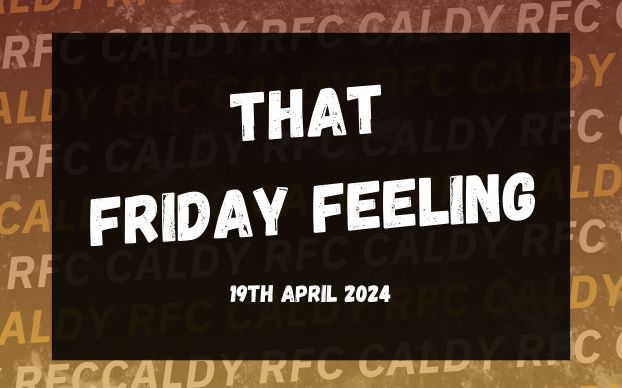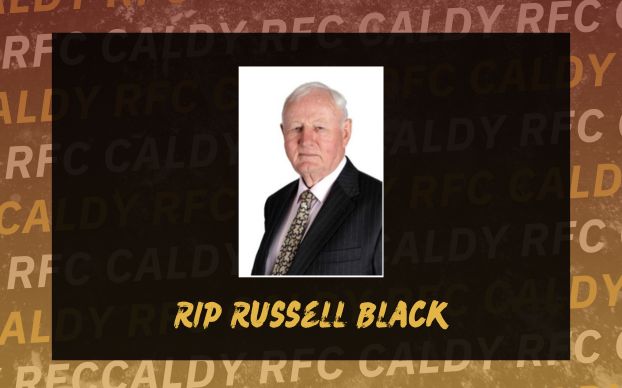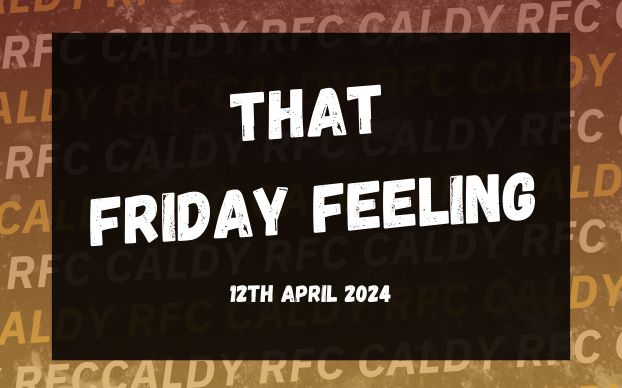Tomorrow Championship leaders Ealing Trailfinders come to Paton Field to take on the Ravers in…
Return to Rugby Update
Following yesterday’s Government approval for adapted contact rugby to resume in the Community Game, we’ve compiled Return to Play guidance, for the new game and law variations which will come into effect for match play. This guidance below is designed to help clubs resume adapted contact training from Wednesday 2 December to give players time to prepare ahead of the permitted return to local friendly fixtures from Friday 18 December. Please note, there is no obligation for players and clubs to play 15-a-side adaptations. Clubs can still play Ready4Rugby matches up until and beyond 18 December. This simply provides clubs with an opportunity to play adapted contact rugby should they wish.
Adapted Stage E rules/laws for Age Grade Rugby have also been approved for U7-13 and U14-18. The move to Stage E will allow the restart of Tag Rugby for U7s and U8s. The Department for Education (DfE) has confirmed schools/colleges can return to playing sport in line with approved NGB action plans. Universities will need to align rugby with their planning for student engagement, testing and return home in December. It remains an education institution decision whether playing rugby is possible within their own requirements and measures. These law variations will be reviewed as the season progresses and as restrictions are changed.
We understand our return to play is a huge moment for our sport and for you as clubs and CBs. We all share a collective desire and responsibility to get this right. Now, we really need to be as safe as we can be so that we can continue the phased return to rugby for our local communities without further interruptions. Changing rooms and showers
- Changing rooms and showers can be used across all tiers.
- Clubs must identify a maximum capacity for each changing room based on its size and the requirement to manage usage to ensure social distancing is achieved at all times.
- The amount of time each person spends in a changing room must be kept to a minimum and restricted solely to changing (no team talks or celebrations etc).
- Good hygiene must be promoted and facilitated and enhanced cleaning practices must be in place in all changing rooms.
- Participants should still be encouraged to arrive changed, and shower at home where possible. Travel to participate in rugby activity
- Adult players living in Tier 1 or Tier 2 can travel within and between Tier 1 and Tier 2 areas to train or play.
- Adult players living in Tier 1 or Tier 2 cannot travel into a Tier 3 area to train or play.
- Adult players living in Tier 3 can travel within their own specific Tier 3 area to train or play.
- Adult players living in Tier 3 cannot travel into another Tier 3 area, nor into a Tier 1 or Tier 2 area, to train or play.
- Age Grade players may, due to Government exemptions for U18s, travel across all tiers to train or play. However, to protect all involved, we strongly recommend that wherever possible training and match play follows adult guidelines.
- Age Grade players can be accompanied by one parent or carer from, or into, a Tier 3 area to train or play.
- Volunteers (including coaches and match officials) may travel across all tiers where necessary to enable participation to take place. However, to protect all involved, we strongly recommend this is kept to an absolute minimum.
- Additional exemptions are in place for people with disabilities. Click here. Which Tier is each club in? Find out here. Spectators
- Clubs in Tier 1 and 2 are permitted to accommodate a limited return of socially distanced spectators but must follow the rule of six.
- In Tier 1, the number of outdoor spectators allowed is limited to whichever is lower in a socially distanced and groups of six environment: 50% capacity, or 4,000 people.
- In Tier 2, this number is limited to whichever is lower in a socially distanced and groups of six environment: 50% capacity, or 2,000 people.
- In Tier 3, no spectators are permitted.
- For the avoidance of doubt, people must not travel out of a Tier 3 area to spectate in a Tier 1 or Tier 2 area. Hospitality
- In Tier 1, bars and social spaces can operate but must do so by table service (ordered and consumed at the table) and observing the rule of six. Six people from different households are allowed at the same table.
- In Tier 2, bars and social spaces can only operate as if they were a restaurant. This means serving substantial meals, like a main lunchtime or evening meal. They may only serve alcohol as part of such a meal and all food and drink is to be ordered and consumed at the table. Tables can only be same household/support bubble and must be two metres apart from each other. Takeaway must be consumed off the club premises.
- In Tiers 1 and 2, last orders must be at 10pm and bars and social spaces should be fully closed by 11pm. Takeaway service can continue past 10pm, if it is via delivery or click-and-collect.
- In Tier 3, bars and social spaces must be closed except for takeaway or click-and-collect services.
- Clubs should contact their local authority licensing department for any queries.
- All clubs must display a QR code at each entrance to the clubhouse, complete and publish bespoke risk assessments and action plans for their members; and keep records of all visitors for 21 days to continue to support the Test and Trace efforts.
- Clubs should complete this Covid-19 Positive Test RFU notification form in the case of a player having attended training or an individual having visited the club in the 48 hours prior to the date of onset of symptoms/date the positive test was taken.
The RFU asks everyone to strictly follow the UK Government’s national COVID-19 restrictions and encourage any incidents of non-compliance to be reported to the RFU. If any club or member is found to have breached either RFU or Government restrictions, then disciplinary action may be considered. Please report any concerns to covidcompliance@rfu.com




This Post Has 0 Comments